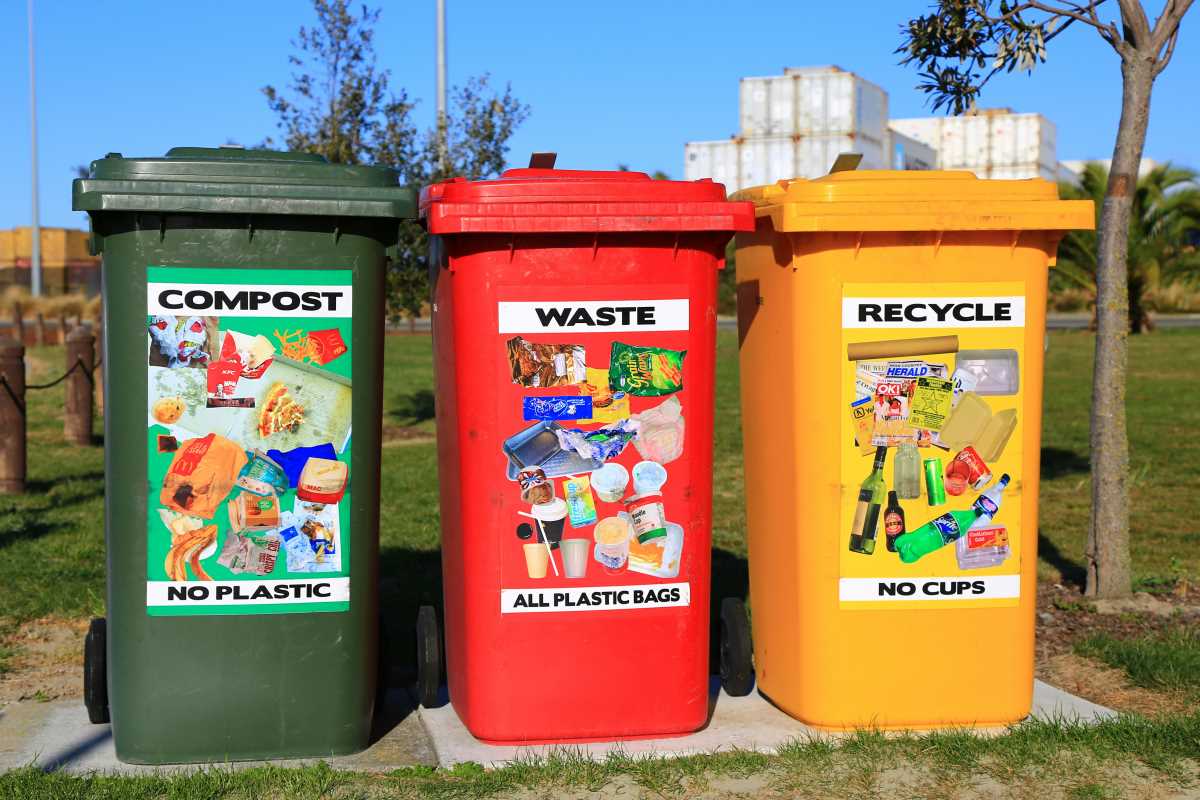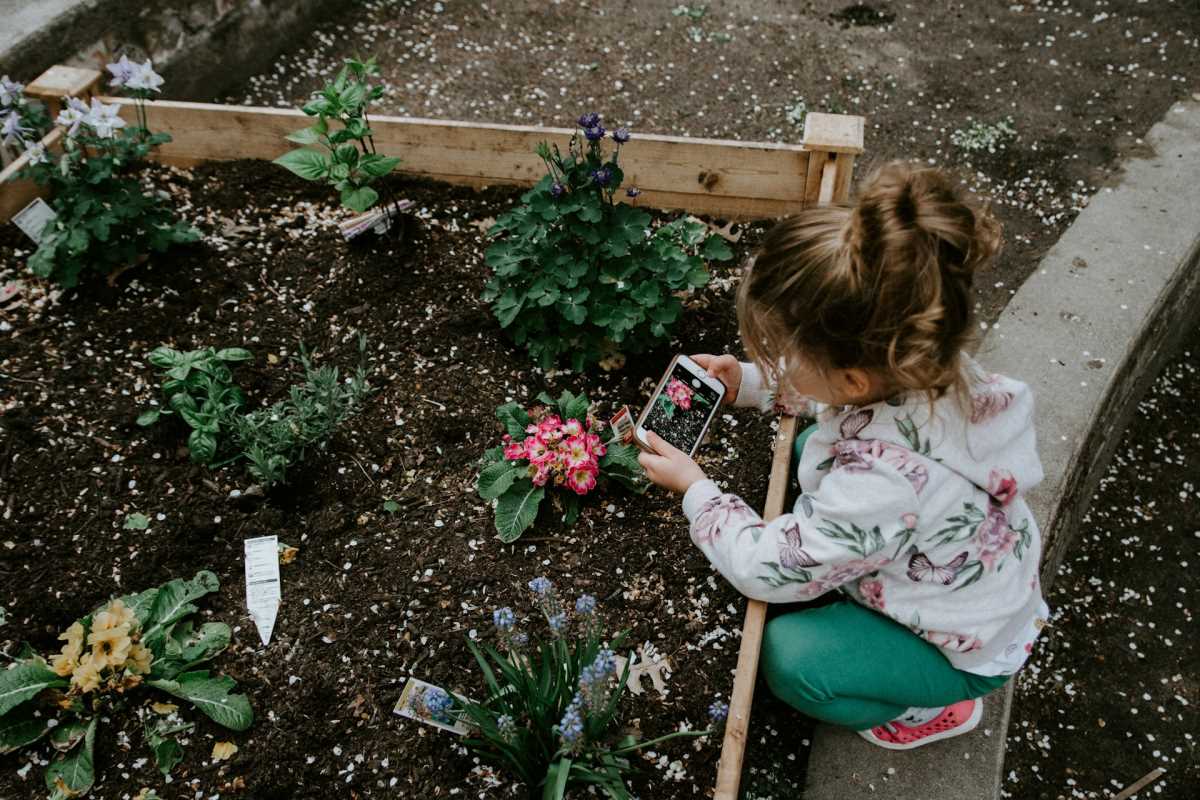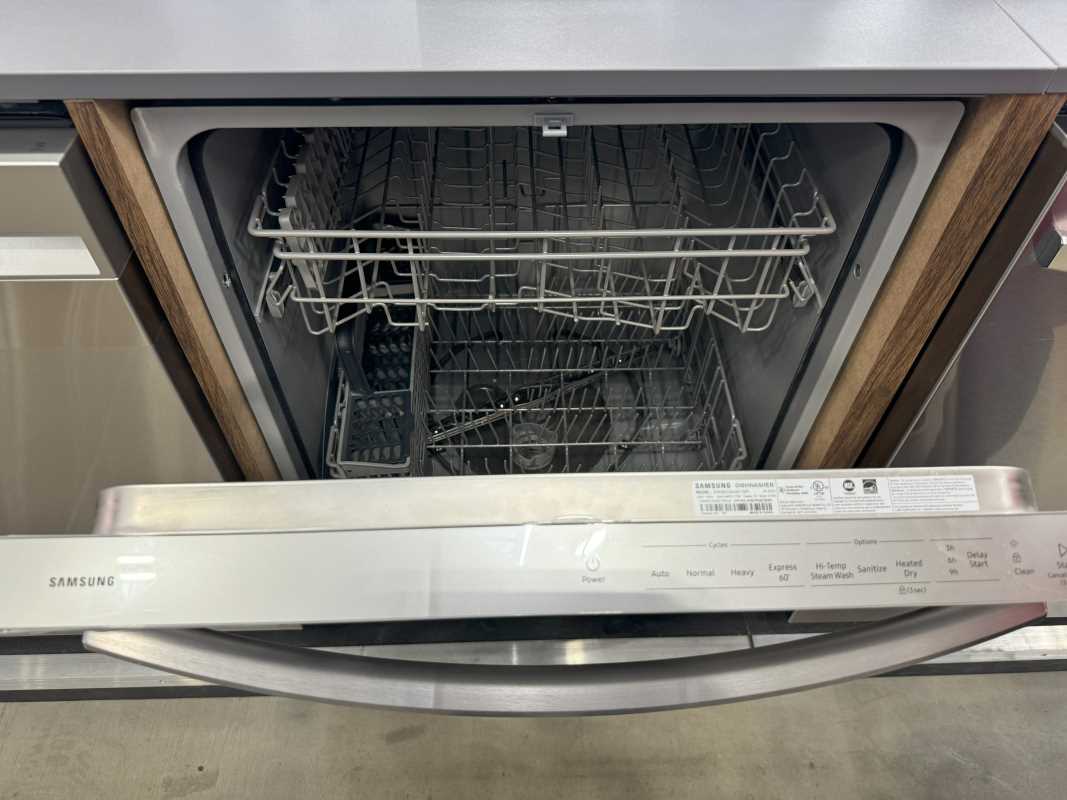Living an eco-friendly lifestyle is not only beneficial to the environment but also to our well-being. One of the most impactful ways to contribute to sustainability is by adopting effective recycling habits. If you're looking to make your home more eco-conscious, here are some top recycling tips to help reduce waste and promote a more sustainable lifestyle.
1. Know What Can Be Recycled
The first step in responsible recycling is understanding what can and cannot be recycled. Most municipalities accept paper, cardboard, glass bottles, and aluminum cans. However, certain items like plastic bags, Styrofoam, and greasy pizza boxes are often non-recyclable in curbside programs. Check your local recycling guidelines to avoid contamination, as mixing non-recyclable items with recyclable materials can render the entire batch useless.
2. Clean Your Recyclables
Rinsing containers before recycling is crucial. Leftover food or liquids can spoil other recyclable items, especially paper and cardboard. A quick rinse is enough to ensure that bottles, cans, and food containers are clean. This small step can make a big difference in the efficiency of the recycling process.
3. Separate Materials Correctly
Different materials require separate recycling processes. For example, glass, paper, and plastics need to be sorted properly. Consider having separate bins for different types of recyclables in your home. This practice not only helps with proper sorting but also prevents contamination, ensuring that more materials get recycled.
4. Compost Organic Waste
While recycling reduces waste, composting organic material is another fantastic way to live sustainably. Food scraps, coffee grounds, and yard waste can all be composted instead of thrown into the trash. Composting turns organic matter into nutrient-rich soil, perfect for your garden or plants. It reduces the volume of waste going to landfills, cutting down methane emissions and giving you a natural fertilizer.
5. Recycle Electronics Responsibly
Old electronics often contain hazardous materials that should never be thrown in regular trash. Many electronic devices, including phones, computers, and batteries, can be recycled, but they need to be disposed of properly. Check for local e-waste recycling programs or drop-off points at electronics stores. Some companies also offer take-back programs for recycling old devices.
6. Repurpose Before You Recycle
Before tossing something in the recycling bin, consider if it can be repurposed or reused. Glass jars, for instance, can be used as storage containers, and old clothes can be turned into cleaning rags. Repurposing items extends their life and reduces the demand for new products, contributing to less overall waste.
7. Buy Recycled Products
Supporting the market for recycled goods is just as important as recycling itself. Look for products made from recycled materials, such as paper towels, notebooks, and even clothing. By choosing these items, you are helping to close the recycling loop and encouraging more companies to use sustainable materials in production.
8. Avoid Single-Use Plastics
One of the most significant contributors to environmental pollution is single-use plastics. Items like plastic straws, water bottles, and cutlery often end up in landfills or oceans. Opt for reusable alternatives—carry a reusable water bottle, bring your own shopping bags, and invest in metal or bamboo straws. Reducing your reliance on single-use plastics will cut down on the amount of waste that needs recycling.
9. Take Advantage of Recycling Programs
Many retailers and companies offer recycling programs for specific items. For example, some stores have bins where you can recycle plastic bags or old batteries. Clothing brands sometimes take back old garments to be recycled into new fabrics. Research programs in your area and take advantage of these additional recycling options.
10. Educate Your Household
A sustainable lifestyle is a group effort, especially at home. Teach your family about the importance of recycling and how to do it correctly. Encourage kids to sort recyclables, and make recycling bins easily accessible in every room. The more aware everyone is of proper recycling practices, the more effective your household will be in reducing waste.
Recycling is one of the easiest and most impactful ways to contribute to a greener planet. By understanding what can be recycled, keeping materials clean, and choosing reusable products, you can make a significant difference in reducing waste. Small changes at home can collectively have a big impact on the environment, so start incorporating these recycling tips into your daily routine and move toward a more sustainable lifestyle.
(Image by Unsplash)
 (Image via
(Image via





